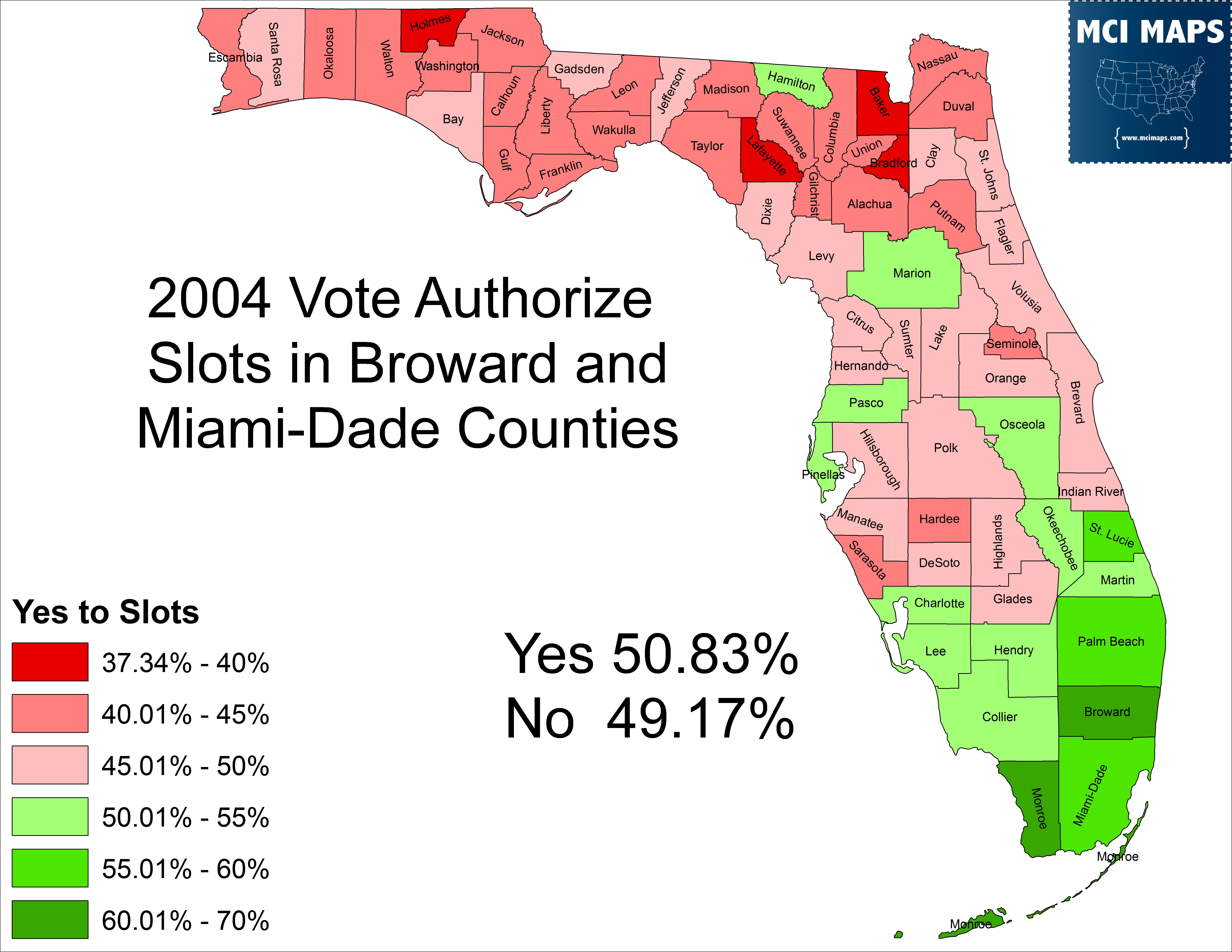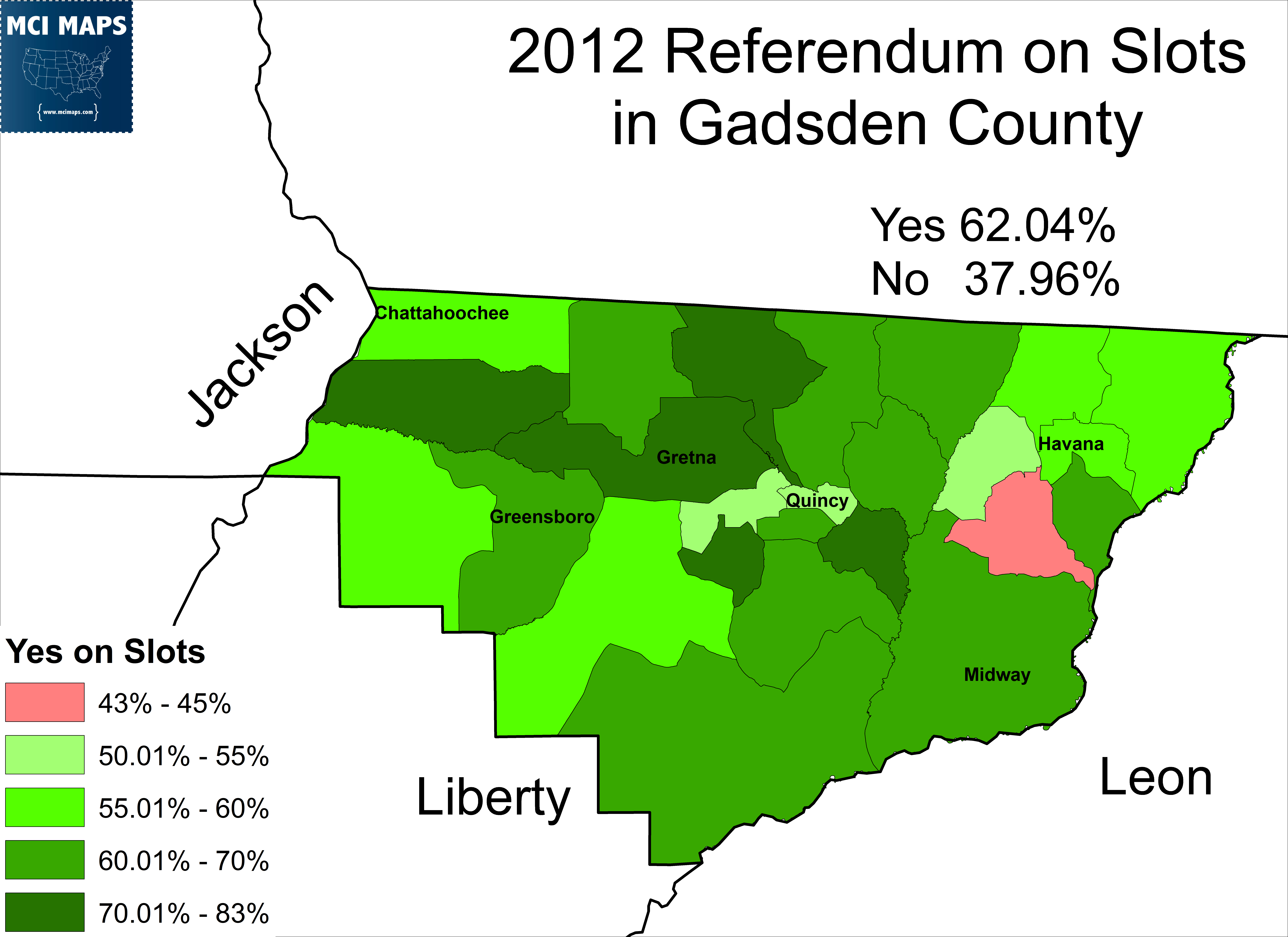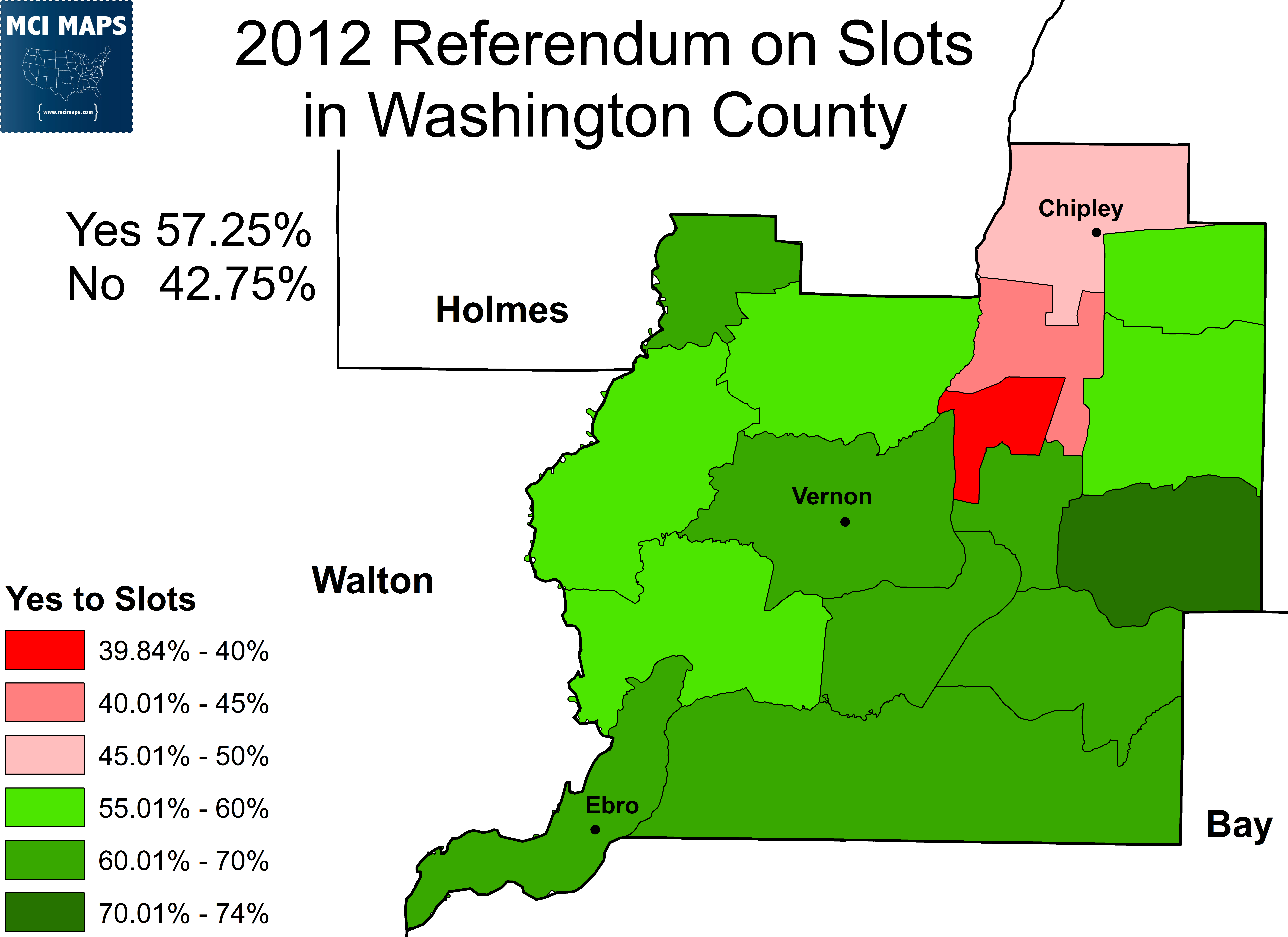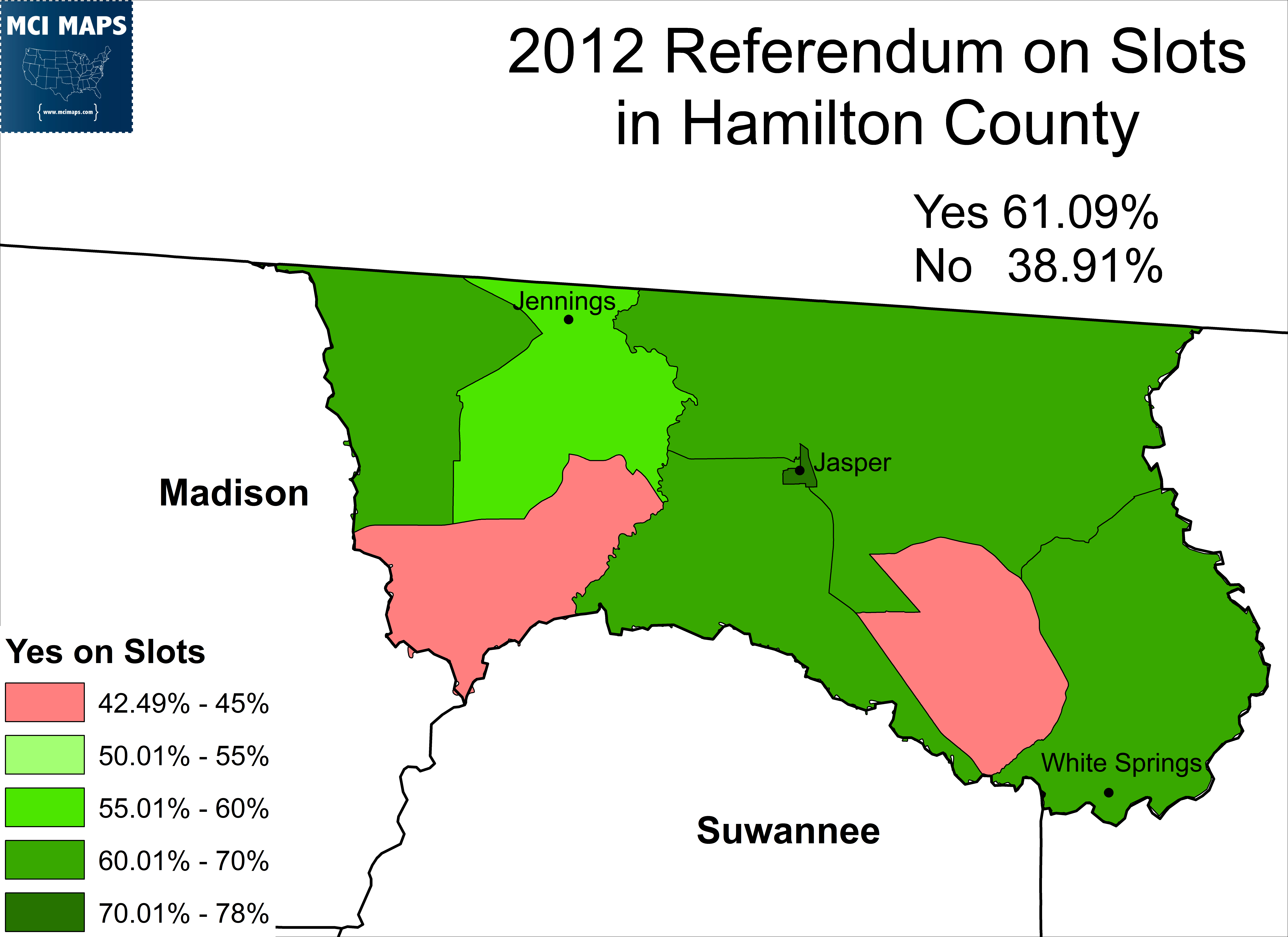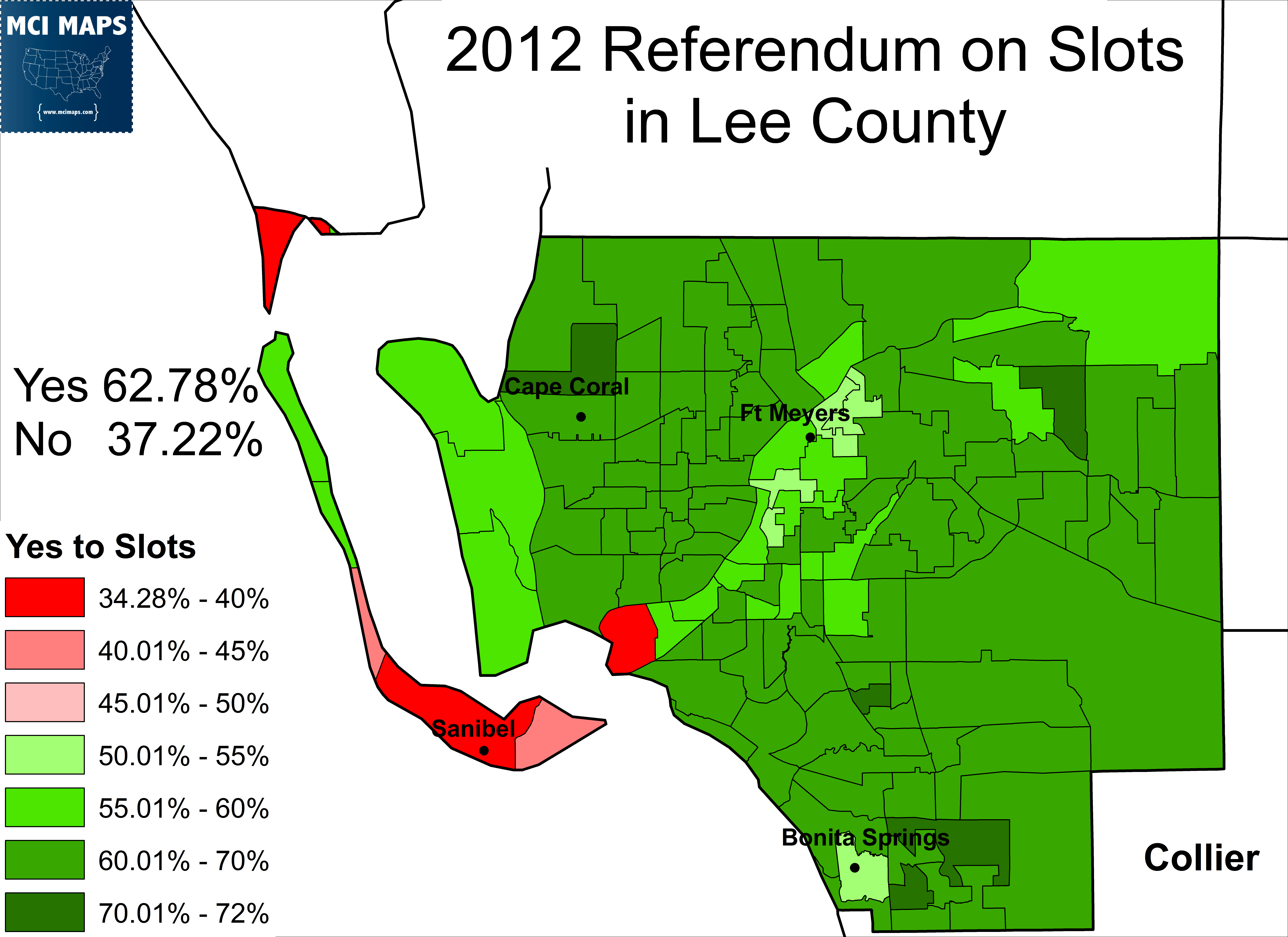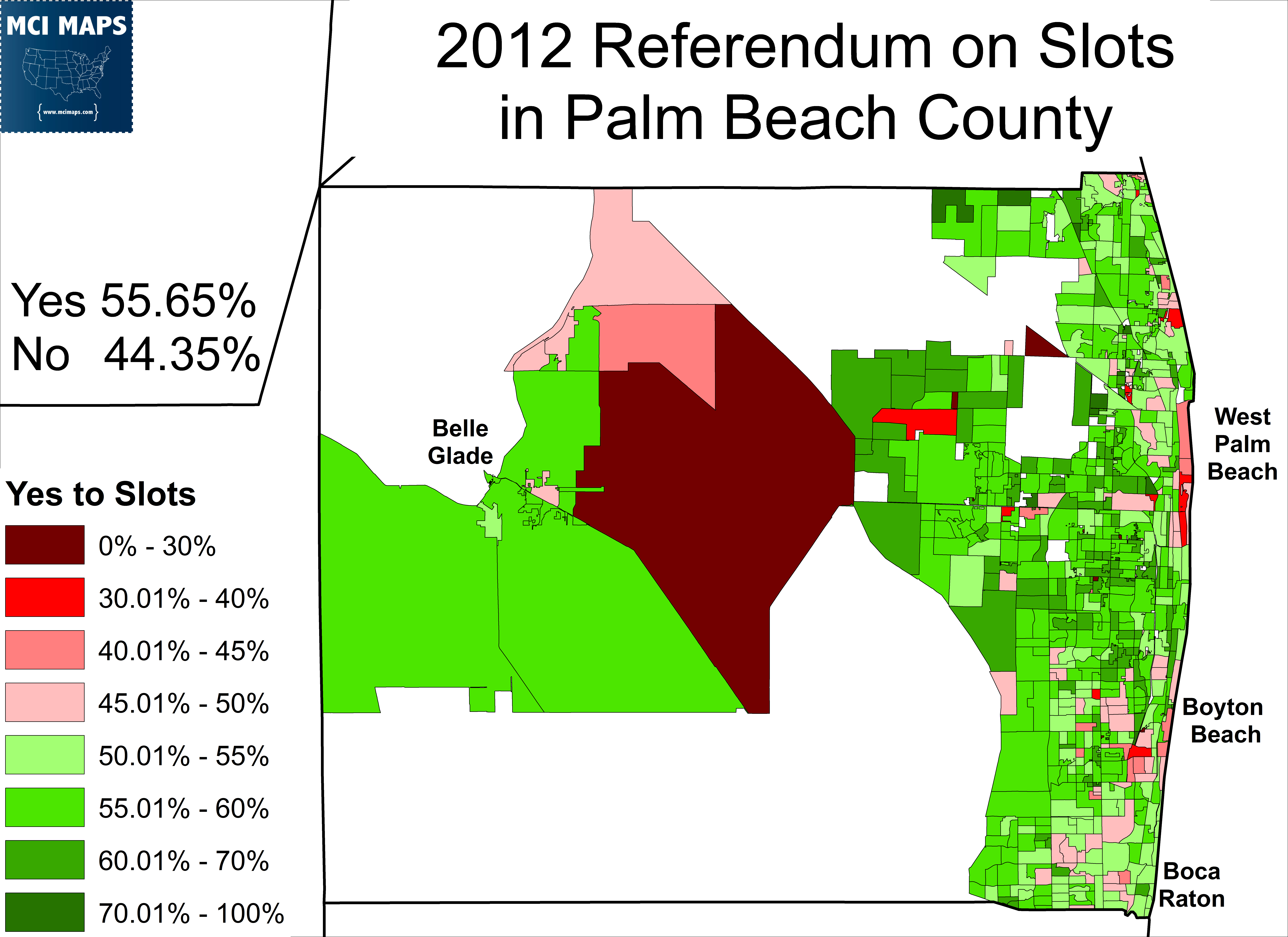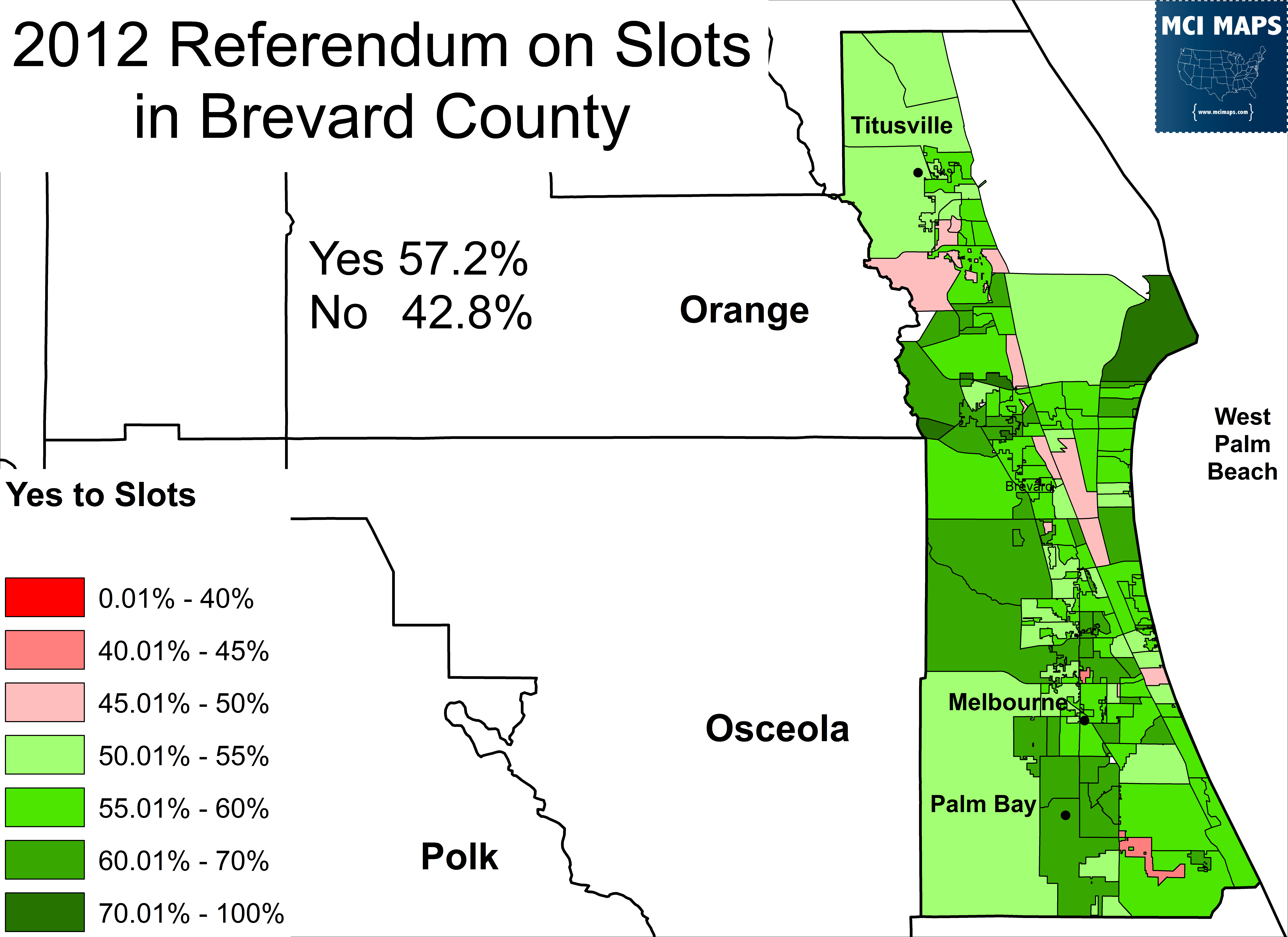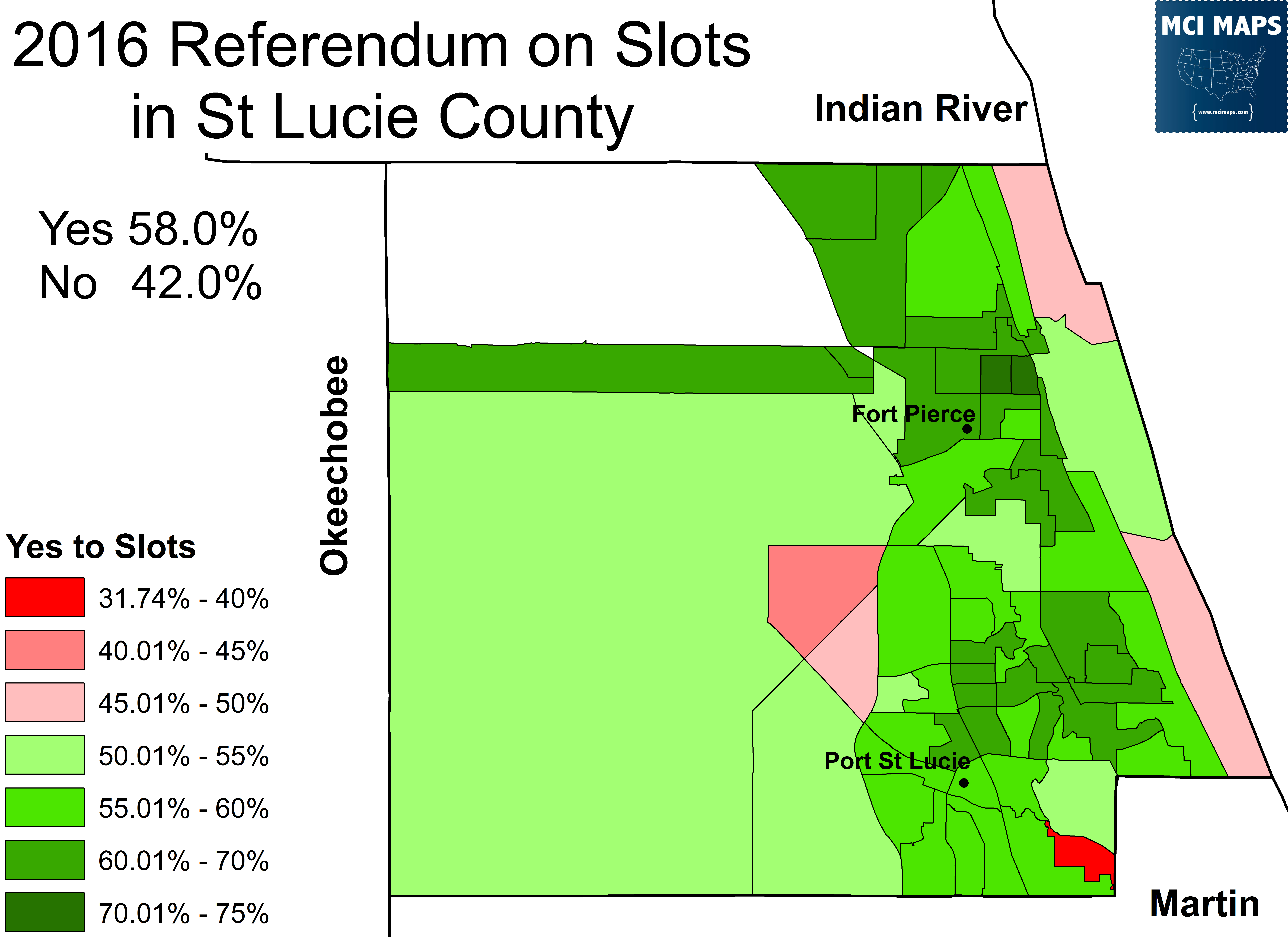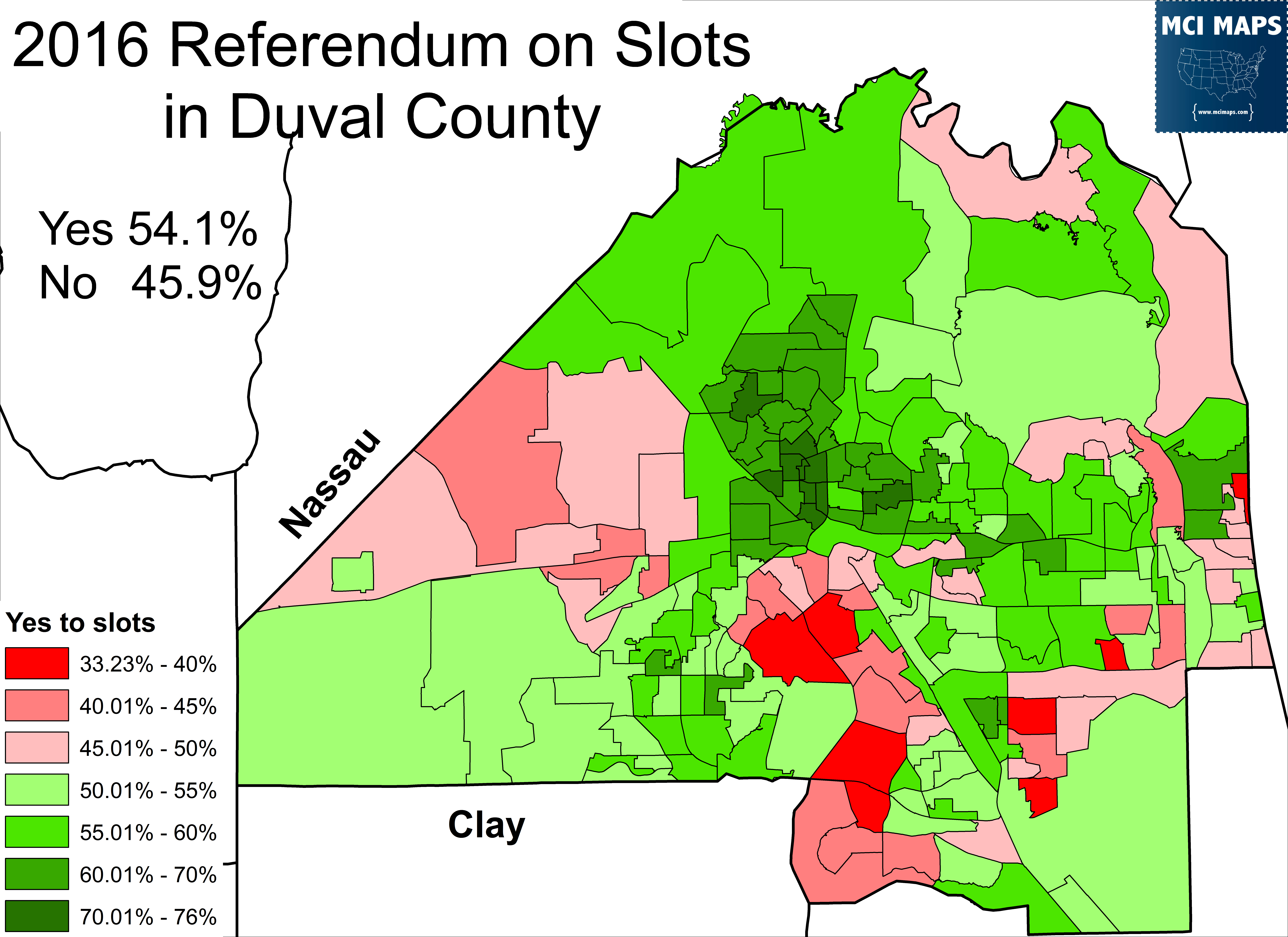On Thursday, May 18th 2017, Florida’s Supreme Court issued a unanimous decision striking down slot machines in Gadsden County. Gadsden had approved slot machines for the racing track in the city of Gretna, approving the proposal in a 2012 local referendum. The argument from the court was simple, Florida’s constitution only allowed slot machines in the counties of Broward and Miami-Dade. The ruling effectively voided slot referendums in seven other FL counties as well. The whole debate goes back to a 2004 ballot measure in Florida.
History of Slots in Florida
Florida has gambling, anyone who has visits the state can tell you that. Race tracks dot the state and card games and slots are plentiful at casinos owned by the Seminole Tribe of Florida. The state had been part of a compact with the tribe to allow card games (and restrict their use outside of tribe-owned casinos) in exchange for millions of dollars from the Seminoles. The current state of this agreement is up in the air and debate rages over a new proposal.
Way back in 2004, a measure was put on the November ballot asking voters if Broward and Miami-Dade counties should be allowed to have slot machines at existing parimutuel (betting) facilities if citizens voted to approve their addition. The measure was funded by ‘Floridians for a Level Playing Field’ – which spent $15 million to get the signatures and fund the campaign. Opposition groups spent less than $1 million. The measure narrowly passed, fueled by the South Florida counties and being rejected in the North.
Once the measure passed, Broward voted in March of 2015 to allow slots by a 57-43% margin.
Miami-Dade rejected allowing slots in a 2005 referendum by a 48-52% margin. However, in January 2008 they approved slots by a 63-37% margin.
Pushing for Expansion
2012 saw a slew of local ordinances in assorted counties to authorize slots at existing parimutuel facilities. The prospect of extra income, just a few years after the financial crisis, was appealing to counties of all sizes.
Gadsden, the source of the lawsuit, approved slots for the race track in Gretna by a 62-38% margin during the 2012 Presidential Preference Primary. Gadsden, the only majority African-American county in the state, consistently votes Democratic and the slot referendum saw 5x as many ballots cast than where cast for the GOP Presidential Primary. The measure saw broad support, with its weakest showing in Quincy and losing one rural county south of Havana.
The same day as Gadsden was voting, Washington, a deeply conservative county, also approved slots. The local measure approved slots at the parimutuel facility for Ebro, on the southern end of the county. The measure has strong support except in the area of Chipley in the north end of the county.
In April of 2012, Hamilton passed a measure approving slots for a racing track that was being built in Jennings, right by the Georgia border. The measure saw strong support, losing two rural precincts but winning in the largest population centers of the rural, conservative county.
In November of 2012, Lee county approved slots for its racing track in Bonita Springs. Lee county is a solid Republican, suburban county. While one precinct right in the city was narrower in support, the surrounding area showed strong support. The measure only failed in the communities along the islands of western Lee.
November 2012 also saw Democratic Palm Beach county approve a slots for parimutuel facilities in their borders. The measure had modest support across the county, losing some rural areas in the west and suburban and coastal pockets in the east. However, few areas saw huge margins of support or opposition.
The final slot measure of 2012 was in Brevard, a solid Republican county, where voters approved slots for the racing track in Melbourne. The measure saw modest support across the county with scattered rejection. Cape Canaveral was notably supportive.
After SIX counties approved slots in 2012, nothing happened in 2014. Then, in November of 2016, two more counties approved slots.
St Lucie, a working-class Democratic county that voted for Trump but Murphy for Senate, passed slots handily.
And last, Duval County, the city of Jacksonville, passed slots by a 8 point margin. The measure was heavily supported in the African-American community and more GOP-favorable areas. It lost in parts of the beaches, the rural/religious Westside, and the artsy-Hispter Riverside.
Conclusion
With the Supreme Court decision, slots in these counties are on hold. Florida continues to debate over a gambling compact, which would likely require voter approval. In addition, anti-casino forces want to ensure no expansion of gambling in the state. The issue is far from over. However, it is clear the growing drumbeat from counties of different demographics and partisan makeup is pro-slots and hence pro-revenue.

